Today, the holy Eid-ul-Fitr, one of the most significant religious festivals for Muslims, is being celebrated across the country as the moon of Shawwal month of 1445 Hijri was sighted in the sky of Bangladesh yesterday.
President Mohammed Shahabuddin and Prime Minister Sheikh Hasina have issued separate messages extending greetings to the countrymen and Muslims worldwide on the occasion of Eid-ul-Fitr.
The main congregation (jamaat) for Eid-ul-Fitr will take place at the National Eidgah on the High Court premises in Dhaka at 8:30 am today. In case of inclement weather or other unavoidable circumstances, the congregation will be held at 9 am at the Baitul Mukarram National Mosque.
Another congregation of Eid-ul-Fitr prayers will be held at 8:30 am at the South Plaza of the Jatiya Sangsad (JS) on the Eid day.
Additionally, five Eid congregations will be held at the Baitul Mukarram National Mosque in Dhaka on Eid-ul-Fitr day. The first congregation will start at 7 am, followed by subsequent congregations at 8 am, 9 am, 10 am, and 10:45 am respectively.
President Mohammed Shahabuddin is expected to join the Eid-ul-Fitr prayers along with hundreds of worshippers from various walks of life at the National Eidgah Maidan.
The Eid congregations at the National Eidgah are organized under the auspices of the Dhaka South City Corporation (DSCC), which has made special arrangements for women to participate in the Eid prayers.
Security measures have been intensified by the Dhaka Metropolitan Police (DMP) to ensure law and order during Eid-ul-Fitr celebrations.
Eid-ul-Fitr marks the end of the Muslim fasting month of Ramadan, during which Muslims abstain from eating and drinking from dawn to dusk.
On the morning of Eid, Muslims gather at mosques and prayer venues to perform Eid prayers and exchange greetings. It is a day of joy, forgiveness, and thanksgiving to Allah for completing the month-long spiritual fasting.
During Eid-ul-Fitr, people visit the homes of friends and relatives, host food parties, and share sweets. Children receive new clothes, shoes, and cash gifts called "Salami" from elders, relatives, and well-wishers.
Many Muslims also engage in charitable acts by distributing cash and food to the less fortunate to spread joy and blessings during this festive occasion.



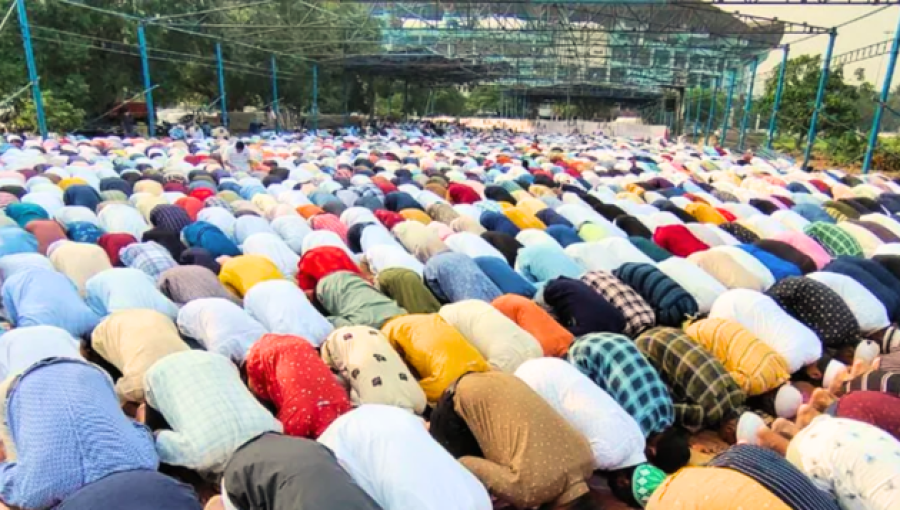

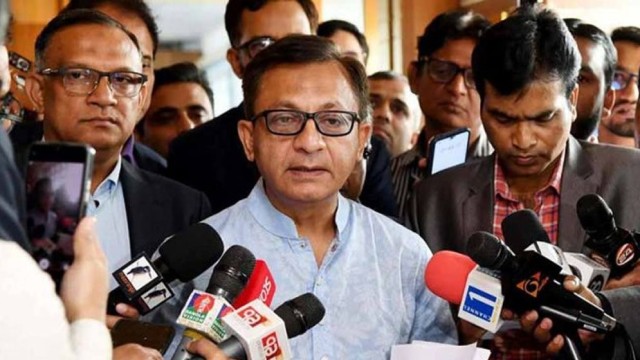
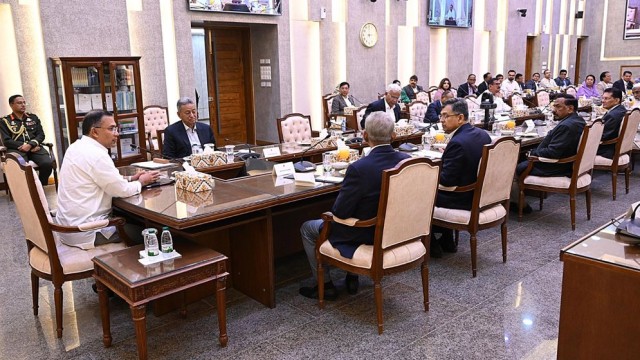


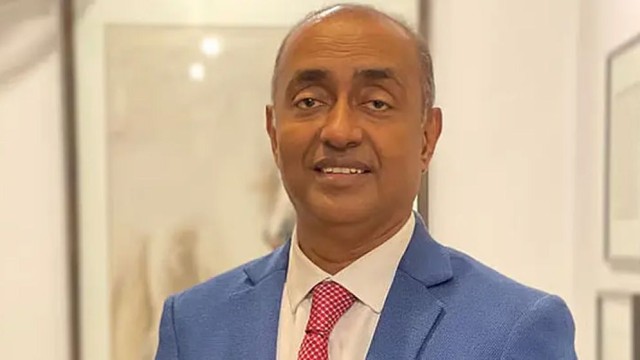

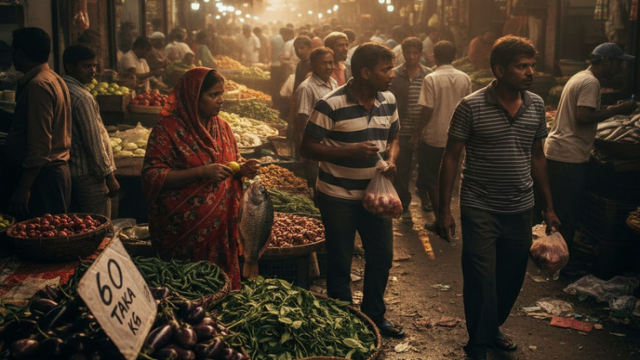
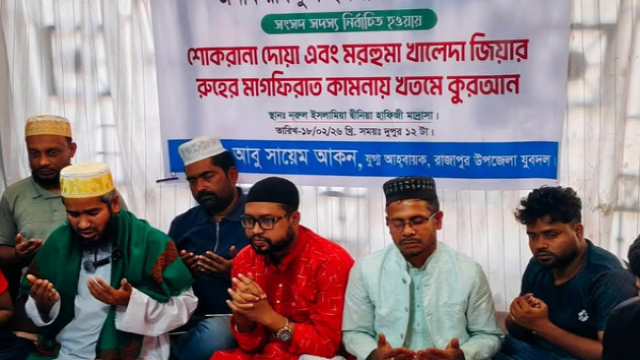
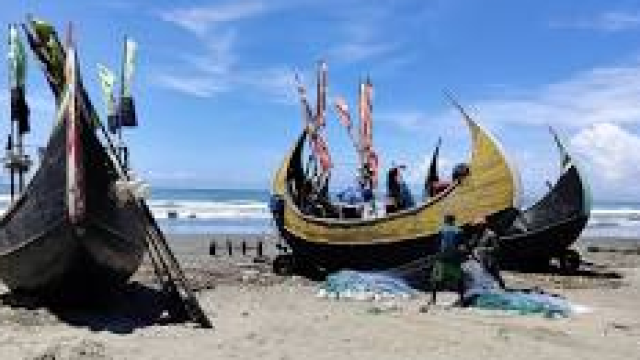
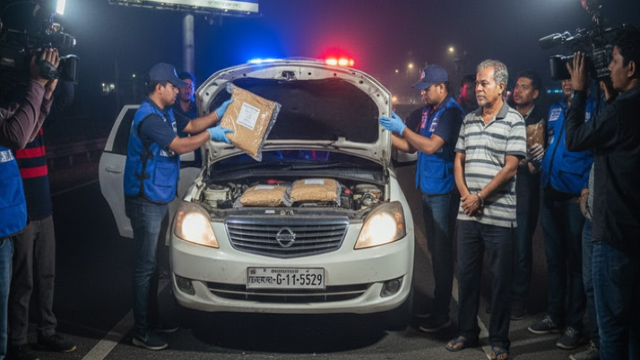
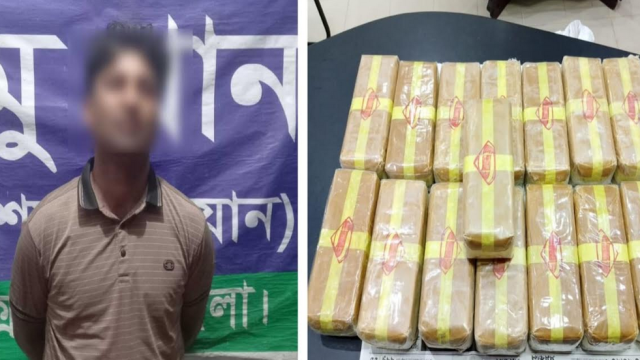

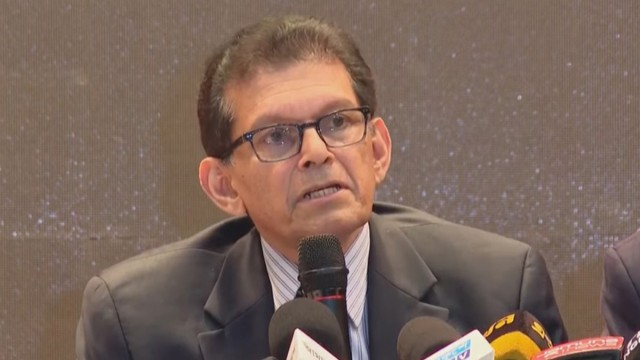
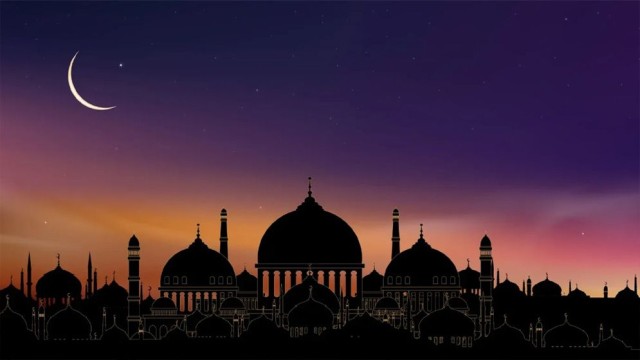











Comment: